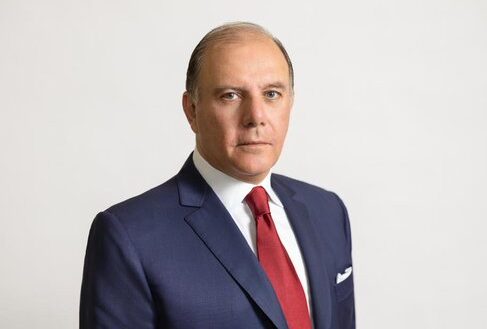Despite reformist Prime Minister Nawaf Salam’s concerns, Lebanon’s cabinet chose a wealth manager to be the country’s new central bank governor. Experts wonder if the new governor’s experience in the private sector will help stabilise the nation’s collapsing economy, as Lebanon is currently dealing with a crippling financial crisis.
The recently appointed governor, whose identity has not yet been made public, has established a career in investment banking and wealth management. Proponents contend that Lebanon’s monetary policies could benefit greatly from stability and restructuring brought about by his financial experience. Critics, including politicians who support reform, worry that his strong connections to the financial elite could make it more difficult to carry out the economic changes that foreign lenders are calling for.
Regarding the appointment, Prime Minister Nawaf Salam has voiced concerns, saying that Lebanon needs a technocrat with a reform-driven agenda rather than someone who is well-established in the nation’s financial networks. His hesitation is a reflection of the larger discussion surrounding Lebanon’s economic recovery plan, as international watchdogs call for the central bank to implement anti-corruption and transparency measures.
The appointment calls into question Lebanon’s commitment to reform, as the country is still negotiating a financial rescue package from the International Monetary Fund (IMF). Restructuring the banking industry, stabilising the currency, and regaining public confidence in the financial system are just a few of the enormous challenges facing the new governor.





